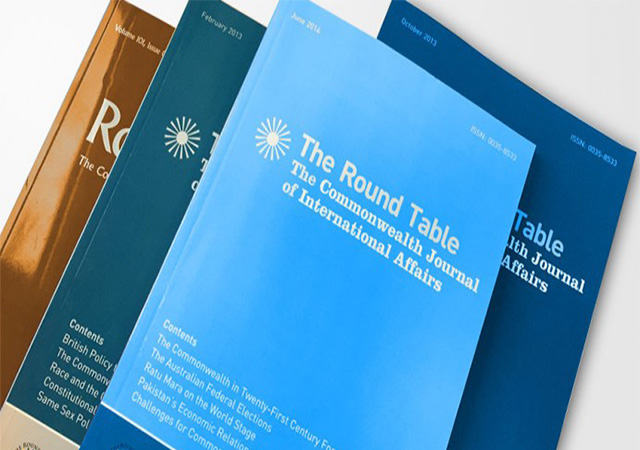
The Round Table: The Commonwealth Journal of International Affairs and Policy Studies
Consistent with the Revised Treaty of Chaguaramas, CARICOM has made several policy innovations in support of a framework for free movement of goods. Nearly all intra-regional trade has now been liberalized; a common external tariff regime has been established and is in full use. In addition, several functional bodies have been established to support trade including the Council for Trade and Economic Development (COTED) and the Caribbean Court of Justice with an appellate and original jurisdiction. Notwithstanding these achievements, intra-regional trade in goods has languished, accounting for less than 20% of CARICOM’s total trade with the world. During the period 2004 to 2023 CARICOM’s trade with itself averaged 14.7%. Among the factors possibly accounting for the low level of intra-regional trade are limited trade connectivity, stemming from the absence of a supporting transport infrastructure, the malaise in fully implementing the CARICOM Single Market and Economy as envisioned by Heads of Government in 1989 in Grenada, and the lack of full harmonization of technical standards and sanitary and phytosanitary measures.
Scholars, doctoral students and post-graduates and research analysts are invited to make submissions of original empirical research articles around the issue of trade connectivity in CARICOM. Papers may interrogate policy and other factors influencing the level of intra-regional trade with an emphasis on proposed mechanisms for increased trade connectivity. Papers may focus on but are not limited to:
- Measurement of trade connectivity in CARICOM and the efficiency of logistics and transport infrastructure
- The implications of regulatory harmonization such as full harmonization of customs treatment, tariff and non-tariff measures (such as licensing and SPS regulations) on intra-regional trade
- Discussion of historical and socio-cultural factors affecting trade and propensity for removal
- Measures that could create the regulatory, physical and technical infrastructure required to enable greater intra-regional trade such as public investment in common physical and technological trade platforms
- Evaluation of value chains and regional solutions to increase value chains
- Comparison of regulatory and logistics solutions that have produced results elsewhere such as trade corridors in Africa or ASEAN Digital Trade Initiative
- Quantification of the per capita costs and rate of return of infrastructure investment for regional trade
Factors impacting intra-regional trade in services
Papers employing a range of quantification techniques, such as gravity and other econometric models, are especially welcome.
Interested authors can submit abstracts of a maximum 500 words, together with a short bio to Dianna DaSilva-Glasgow (dianna.dasilva-glasgow@uog.edu.gy) by 30 May 2025. Once accepted, authors will be notified by 14 June 2025 and asked to submit their completed research articles of approximately 4,000 to 6,000 by 30 September 2025.
We look forward to your contributions.
(Note: Submitted papers must not have been published elsewhere.)
Early career scholars, particularly those in Commonwealth countries in the Global South, are particularly encouraged to apply. Where appropriate, the Round Table offers mentoring and additional editorial support.



